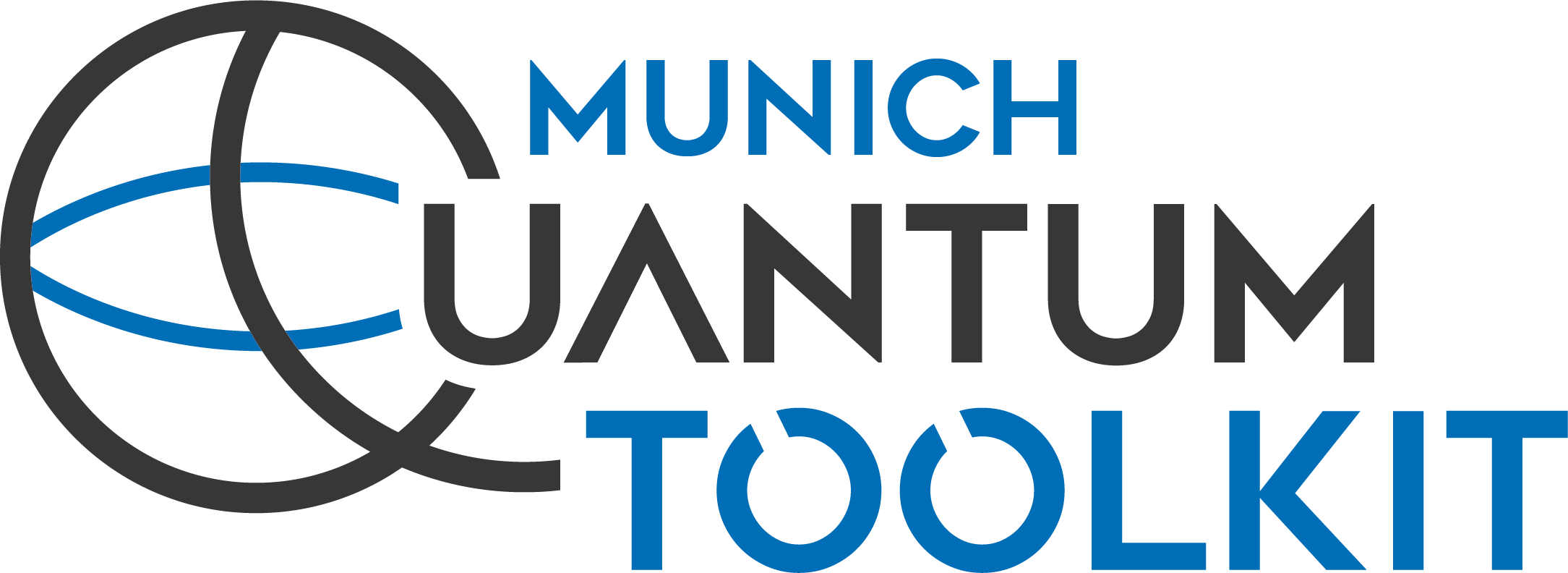Warning
As of May 2024, this repository is no longer actively maintained. Development of the code of this repository continues in MQT Qudits. No new contributions will be accepted here.

A tool for the compilation of arbitrary d-dimensional two-qudit entangling unitaries into error-efficient sequences of local operations and entangling primitives supported by the quantum architecture by Chair for Design Automation.
If you have any questions, feel free to contact us via quantum.cda@xcit.tum.de or by creating an issue on GitHub.
The compiler demands only for the resolution of dependencies, to solve run in terminal.
pip install -r requirements.txt
The following code gives an example on the usage:
from src import global_vars
from src.decomposer.cex import Cex
from src.decomposer.entangled_qr import EntangledQR
from src.gates.entangling_gates import csum
global_vars.dimension_fix = 4 # dimension of the single qudit
# global_vars.CEX_SEQUENCE = [...] # It is also possible to input a customized sequence for substituting the CEX operation, as a list of numpy arrays
target = csum(global_vars.dimension_fix) # the target gate for which we want to find a decomposition
decomposer = EntangledQR(target)
sequence, num_crots, num_pswaps = decomposer.entangling_qr()
outcome = decomposer.basic_verify(target, sequence) # outcome must be trueIn case you want to use the second compilation step described in the paper:
import numpy as np
from src.layered.compile_pkg.ansatz.instantiate import create_ms_instance
from src.layered.compile_pkg.opt.distance_measures import fidelity_on_unitares
from src.layered.compile_pkg.search import binary_search_compile
from src import global_vars
from src.decomposer.cex import Cex
from src.utils.qudit_circ_utils import gate_expand_to_circuit
from src.utils.rotation_utils import matmul
# First we set all the necessary global variables for the solver, the duration of an opt. cycle is inside the function "run"
global_vars.OBJ_FIDELITY = 1e-4
global_vars.SINGLE_DIM = 2
global_vars.TARGET_GATE = Cex().cex_101(global_vars.SINGLE_DIM)
global_vars.MAX_NUM_LAYERS = (2 * global_vars.SINGLE_DIM ** 2)
best_layer, best_error, best_xi = binary_search_compile(global_vars.SINGLE_DIM, global_vars.MAX_NUM_LAYERS, "MS")
# the function creates a list of numpy arrays as resulting sequence
decomposed_target = create_ms_instance(best_xi, global_vars.SINGLE_DIM)
# a simple verification
unitary = gate_expand_to_circuit(np.identity(global_vars.SINGLE_DIM, dtype=complex), n=2, target=0, dim=global_vars.SINGLE_DIM)
for rot in decomposed_target:
unitary = matmul(unitary, rot)
print((1 - fidelity_on_unitares(unitary, global_vars.TARGET_GATE)) < 1e-4) # outcome should be true
The implementation is compatible with a minimimum version of Python 3.8.
Building (and running) is continuously tested under Linux, macOS, and Windows using the latest available system versions for GitHub Actions.
No References.
K. Mato, M. Ringbauer, S. Hillmich and R. Wille, "Compilation of Entangling Gates for High-Dimensional Quantum Systems," 2023 28th Asia and South Pacific Design Automation Conference (ASP-DAC), Tokyo, Japan, 2023, pp. 202-208.
